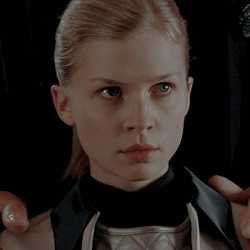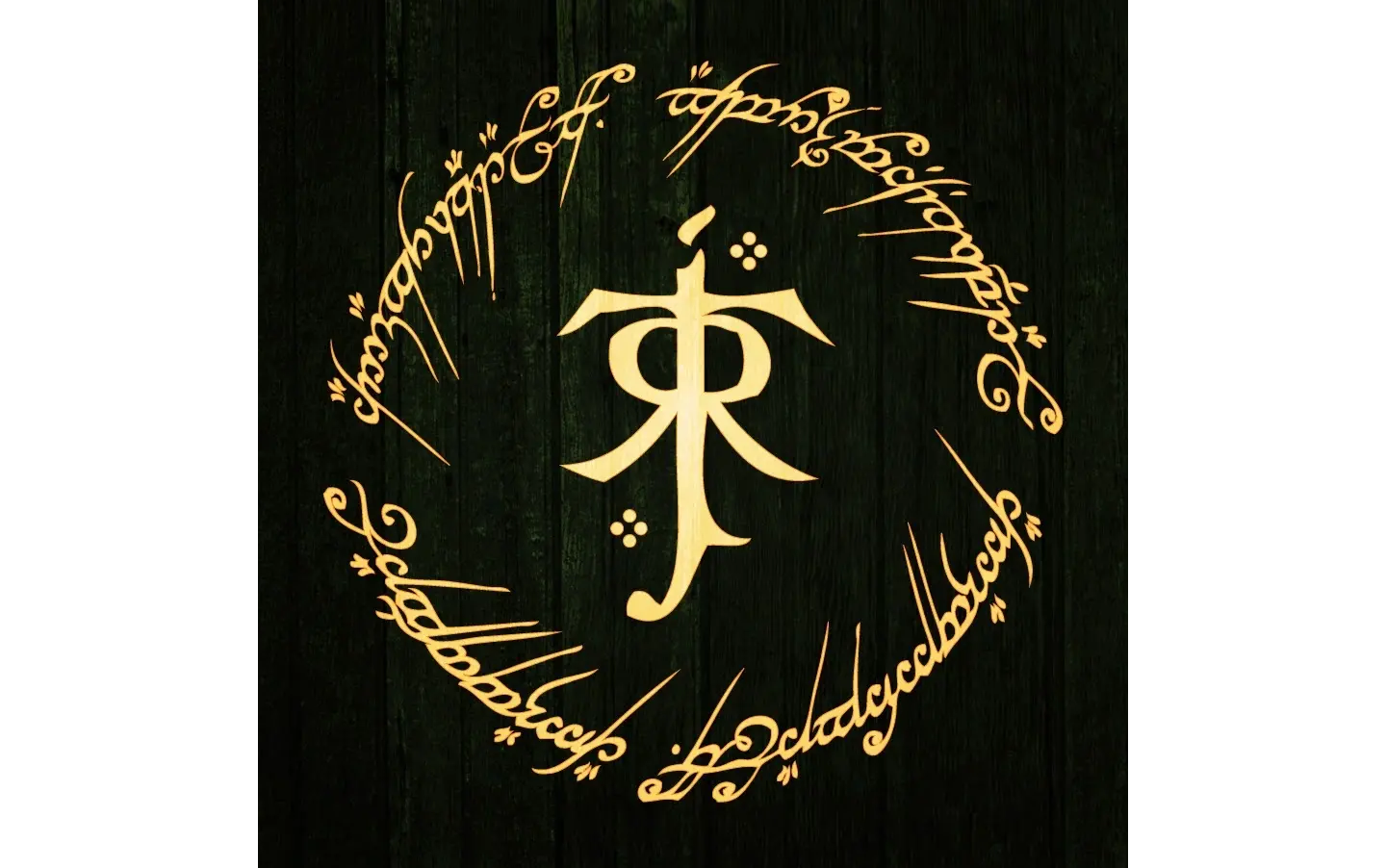extract
“The Battle of Maldon, together with The Homecoming of Beorhtnoth,” edited by Peter Grybauskas. “The Battle” is a fragment of poetry from the end of the first millennium that Tolkien translated from Old English.
…the history of Middle-Earth that Tolkien was working on at the same time, “The History of the Hobbit” includes five different “phases” of the book’s creation, many, many plot notes, and a scheme that shows original word choices along with Tolkien’s final text—which was sometimes penned in on top of rubbed-out pencil.
“Tolkien in the Twenty-First Century: The Meaning of Middle-Earth Today” by Nick Groom. This fascinating book explores “The Hobbit” and “The Lord of the Rings” from their genesis through all the different major adaptations of the Tolkien “legendarium.”
The reader will learn a great deal about the licensing of Middle-Earth, a realm I thought I already knew fairly well. There were plans for a “Lord of the Rings” film starring the Beatles, for instance, directed by Stanley Kubrick. Another fever dream of a movie would have had Galadriel seduce Frodo, and a 12-minute animated monstrosity released in 1966 has a princess named Mika and a dragon named Slag.
Each of these very different books offers a brilliant peek or deep dive into very different aspects of the man who changed speculative fiction forever. Choose your own adventure into the world of J.R.R. Tolkien.
“The History of the Hobbit” includes five different “phases” of the book’s creation, many, many plot notes, and a scheme that shows original word choices along with Tolkien’s final text—which was sometimes penned in on top of rubbed-out pencil.
I’m most interested about the ‘abandoned revisions for the unpublished third edition of the work’.


